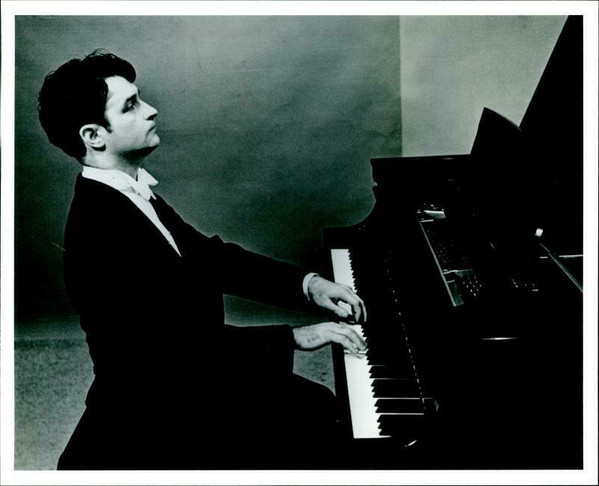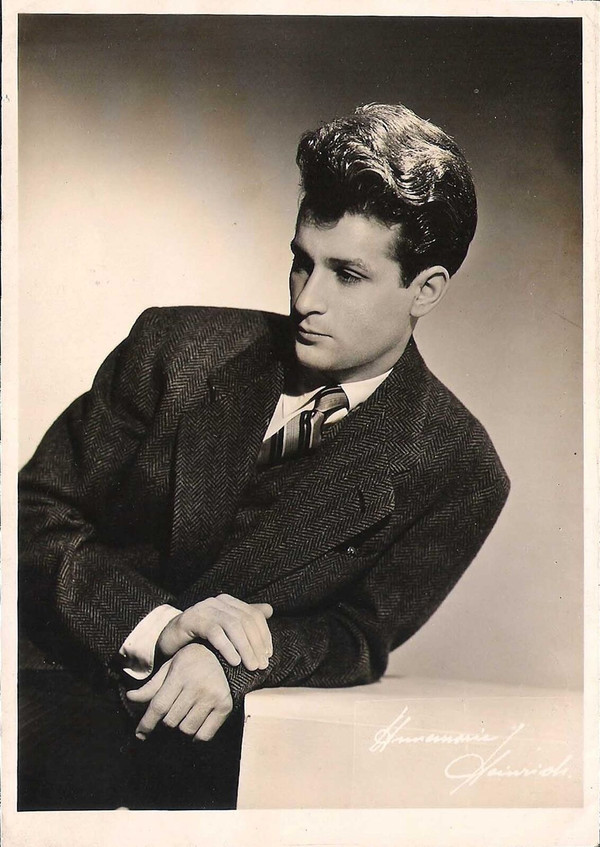William Kapell
Настоящее имя: William Kapell
Об исполнителе:
William Kapell (20 September 1922, New York City — 29 October 1953, Kings Mountain, San Mateo County, California) was a prolific American pianist and husband of anthropologist Anna Lou Dehavenon (1926—2012), who tragically died at the peak of his career, only 31, in a plane crash on board of BCPA Flight 304/44 returning from the Australian tour. Many notable pianists acknowledged Kapell's influence and unprecedented talent, including Eugene Istomin, Gary Graffman, Van Cliburn, and Leon Fleisher, who described the artist as "the greatest pianistic talent that America has ever produced." Kapell grew up in the eastside Manhattan and studied with Olga Samaroff at the Juilliard School. In 1932, ten-year-old William won his first competition, followed by The Philadelphia Orchestra's youth contest in 1941 and the prestigious Walter W. Naumburg Foundation Award, which also sponsored Kapell's stage debut in New York City in 1942. Two years later, Kapell signed an exclusive record deal with RCA Victor. His career marked a transitional period between 78 RPM gramophone records and "long-playing" LP vinyl, with several shellac 10" singles and 4×12" albums produced between 1945 and 1948, including a few records on the government-funded V Disc label during the World War II. Kapell's world premiere recording of Aram Khatchaturian's Concerto For Piano And Orchestra in 1946 with the Boston Symphony Orchestra under Serge Koussevitzky was an overwhelming critical and commercial success. Since 1950, RCA has produced several 10" mono LPs. Besides his spectacular talent, Kapell was exceptionally hard-working; he continued to practice up to eight hours a day throughout his entire career, meticulously timing and logging rehearsals in his notebook. He also took private lessons in adulthood, working with Artur Schnabel, Pablo Casals, and Rudolf Serkin. William approached Arthur Rubinstein and Vladimir Horowitz, who lived nearby on East 94th Street, but both declined; Horowitz later wrote he had nothing he could've possibly contributed to Kapell's playing. William Kapell toured Australia between August and October 1953, with 37 concerts in Sydney, Brisbane, Melbourne, and other large cities. The final show at Geelong in Victoria featured Chopin's Piano Sonata No. 2, Op. 53, with the "Funeral March" in the third movement. On the way back to the United States, Kapell was one of 11 passengers of a Douglas DC-6 propliner serving a regular passenger 9½-hour flight operated by British Commonwealth Pacific Airlines between Sydney and Vancouver, Canada, with four stopovers in Fiji, Canton Island, Honolulu, and San Francisco. The cabin crew was experienced on DC-6 and approached the SF International over 100 times. During the final early morning descent in heavy fog, the airplane struck the top of several large redwood trees with retracted landing gear, crashing in the densely wooded area in Kings Mountain, just south of the airport; all eleven passengers and eight crew members died on the impact. (The investigation declared the cause as the pilot's error and failure to follow procedures for an "instrument approach" in low visibility.)






